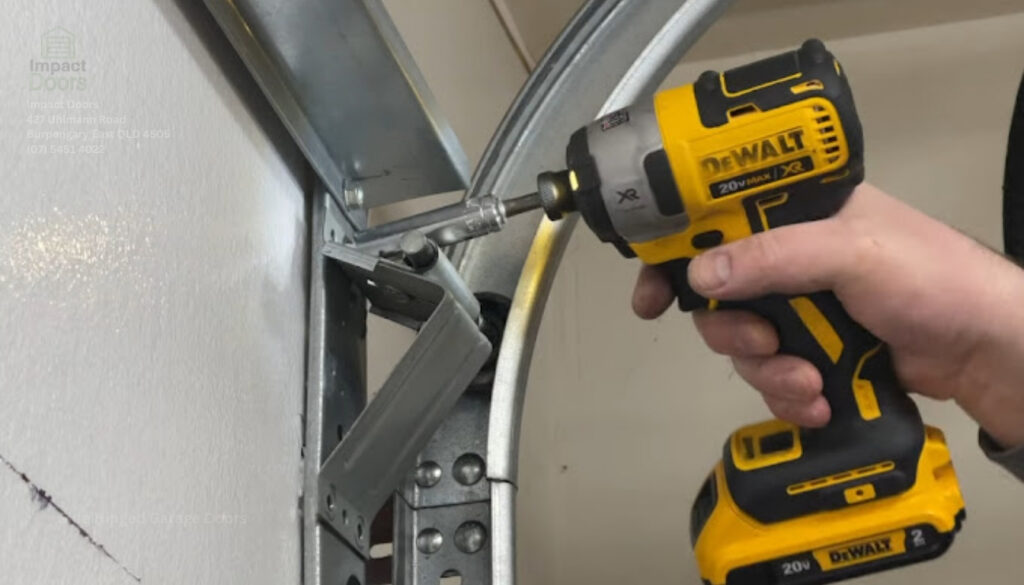Introduction
When it comes to home maintenance, garage doors often take a backseat. Yet, these mighty barriers serve critical functions: keeping our vehicles safe, providing storage space, and adding curb appeal. Understanding your garage door system is not just about convenience; it's about safety, security, and ensuring longevity. So what exactly should every homeowner know about their garage doors? In this comprehensive guide, we’ll explore everything from the mechanics of the garage door opener to troubleshooting common issues like your “garage door won't close.” Let’s dive in!
What Every Homeowner Should Know About Their Garage Doors
Garage doors are more than just an entry point for your vehicle; they’re complex systems that require regular attention and care. At a basic level, understanding how your garage door works can help you identify issues early and avoid costly repairs.
Understanding Garage Door Components
1. The Garage Door Opener: Your Key to Convenience
Your garage door opener is the heart of the system. This device enables you to operate your garage door remotely, making life a breeze—especially during inclement weather.
- Types of Openers: There are three main types of garage door openers: Chain Drive Belt Drive Screw Drive
Each has its pros and cons regarding noise levels and cost.
2. Garage Door Springs: The Unsung Heroes
Garage door springs bear the weight of the entire door, balancing it for easy movement. There are two primary types:
- Torsion Springs: Located above the closed door. Extension Springs: Found on either side of the track.
Understanding these springs will help you recognize signs of wear or failure.
Common Issues with Garage Doors
3. Why Won't My Garage Door Close?
This is one of the most frustrating problems homeowners face. Here are some common culprits:
- Blocked sensors Misalignment Broken springs
Regular maintenance can help prevent these issues from arising.
4. Garage Door Troubleshooting: Quick Fixes for Common Problems
If you're experiencing issues with your garage door, troubleshooting can save you time and money. Here are some quick steps:
Check if there’s anything obstructing the sensors. Inspect the remote batteries. Ensure that tracks are clear of debris.5. Signs You Need Garage Door Service
How do you know when it’s time to call for professional help? Look out for these signs:
- Unusual noises during operation Sluggish movements Visible damage or rust
Garage Door Maintenance Tips
6. Seasonal Maintenance Checklist for Your Garage Door
Maintaining your garage door seasonally can extend its lifespan significantly.
Inspect and lubricate moving parts. Test safety features. Examine seals for wear and tear.7. DIY Maintenance vs Professional Service: What You Should Know
While some tasks are easy enough for homeowners to tackle themselves, others require professional expertise:
- DIY: Lubrication, cleaning tracks. Professional: Spring replacement, opener installation.
Safety Features in Modern Garage Doors
8. Safety Sensors: A Necessity in Today’s Homes
Modern garage doors come equipped with safety sensors designed to prevent accidents by detecting obstacles in their path.
- How do they work? They emit an infrared beam; if interrupted, the door reverses direction.
Choosing the Right Garage Door Service Provider
9. What Makes a Great Garage Door Service Company?
When seeking service providers like "garage door service Moreton Bay," consider these factors:
Customer reviews Experience level Warranty offeringsA solid choice can save you time and ensure quality repairs.
FAQs about Garage Doors
1. How often should I perform maintenance on my garage door?
It’s advisable to do a thorough inspection at least twice a year to keep everything in good shape.
2. Can I replace my own garage door springs?

3. What should I do if my garage door opener stops working?
First, check power sources or batteries before contacting a service provider for further diagnosis.
4. How can I make my garage door more energy-efficient?
Consider insulation options or installing insulated doors tailored specifically for energy efficiency.
5. Why does my garage door make loud noises?
Loud noises usually indicate that components need lubrication or replacement; don’t ignore them!
6. Are there smart options available for garage doors?
Absolutely! Smart openers allow you to control your affordable local garage door service doors via smartphone apps—perfect for modern living!
Conclusion
In summary, understanding "What Every Homeowner Should Know About Their Garage Doors" goes beyond just knowing how they operate; it encompasses regular maintenance, awareness of potential issues like “garage door won't close,” and recognizing when it's time to call in professionals like those offering "garage door service." By being proactive and informed about your garage doors' mechanics and care requirements, you enhance their functionality while ensuring safety and security for yourself and your loved ones.
Take charge today—give your garage doors the attention they deserve! Invest time in learning about their components, troubleshoot efficiently when issues arise, and always consider professional assistance when necessary to keep everything running smoothly!